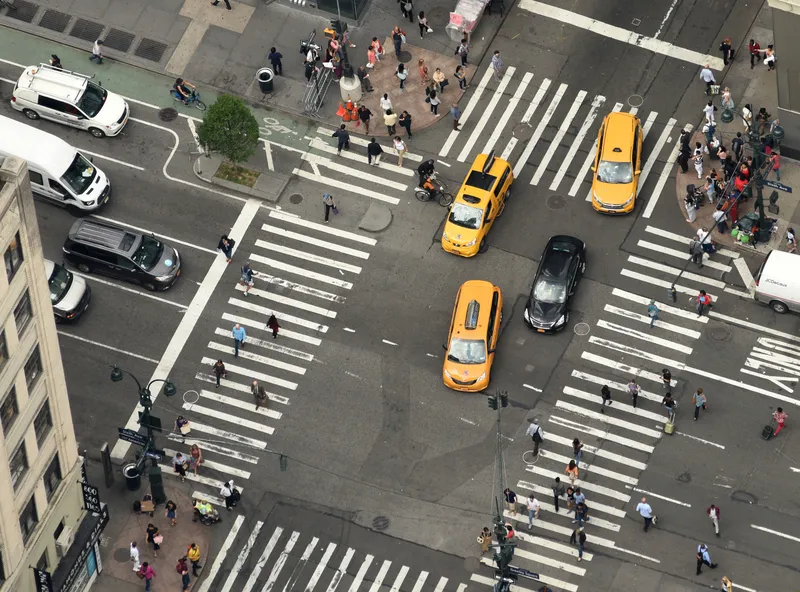Drawing on its experience with optical disc technologies consumer electronics giant, Pioneer Corporation is developing a 3D-LIDAR (light detection and ranging) compact, high performance low-cost sensor for autonomous vehicles. The company has completed trial manufacture of the sensor and will begin in-car trials in 2016.
During the in-car trials, Pioneer will launch advanced map creation using mapping vehicles fitted with 3D-LiDAR, with Increment P Corporation, its map creation subsidiary. In the near fu
September 7, 2015
Read time: 2 mins
Drawing on its experience with optical disc technologies consumer electronics giant, Pioneer Corporation is developing a 3D-LIDAR (light detection and ranging) compact, high performance low-cost sensor for autonomous vehicles. The company has completed trial manufacture of the sensor and will begin in-car trials in 2016.
During the in-car trials, Pioneer will launch advanced map creation using mapping vehicles fitted with 3D-LiDAR, with Increment P Corporation, its map creation subsidiary. In the near future, the company aims to develop and propose an efficient creation and operation system for advanced map data, enabling differences in map data to be automatically processed, with low operational costs, by collecting surrounding environment data in real-time from general use vehicles also equipped with 3D-LiDAR.
In response to expectations for an even safer, more reliable, and more comfortable ‘automobile society’ in the future, discussion and development are underway in various fields including the advanced map that will be necessary for automated driving, sensors for real-time appraisal of vehicle location and the surrounding environment, and a network system for updating and disseminating such information at any time. Of these, Pioneer believes the 3D-LiDAR driving space sensor is a key device indispensable to the achievement of highly advanced automated driving. In addition to being able to finely detect the distance of objects several dozen meters ahead, as well as their width, even object identification becomes possible, based on shape detection.
In the future, Pioneer plans to create a much more compact and lower-cost version to overcome the hurdles of size and price that hinder the spread of the system.
Backed by its wide range of resources including optical and navigation technologies, probe data, cloud platforms and the expertise of its map creation subsidiary, Pioneer aims to become an ‘essential company’ in the society of automated driving. Via a group-wide partnership, Pioneer aims to provide indispensable key devices for automated driving and advanced driving support of the future, and to propose lower-cost, highly advanced map data creation and operation systems.
During the in-car trials, Pioneer will launch advanced map creation using mapping vehicles fitted with 3D-LiDAR, with Increment P Corporation, its map creation subsidiary. In the near future, the company aims to develop and propose an efficient creation and operation system for advanced map data, enabling differences in map data to be automatically processed, with low operational costs, by collecting surrounding environment data in real-time from general use vehicles also equipped with 3D-LiDAR.
In response to expectations for an even safer, more reliable, and more comfortable ‘automobile society’ in the future, discussion and development are underway in various fields including the advanced map that will be necessary for automated driving, sensors for real-time appraisal of vehicle location and the surrounding environment, and a network system for updating and disseminating such information at any time. Of these, Pioneer believes the 3D-LiDAR driving space sensor is a key device indispensable to the achievement of highly advanced automated driving. In addition to being able to finely detect the distance of objects several dozen meters ahead, as well as their width, even object identification becomes possible, based on shape detection.
In the future, Pioneer plans to create a much more compact and lower-cost version to overcome the hurdles of size and price that hinder the spread of the system.
Backed by its wide range of resources including optical and navigation technologies, probe data, cloud platforms and the expertise of its map creation subsidiary, Pioneer aims to become an ‘essential company’ in the society of automated driving. Via a group-wide partnership, Pioneer aims to provide indispensable key devices for automated driving and advanced driving support of the future, and to propose lower-cost, highly advanced map data creation and operation systems.








